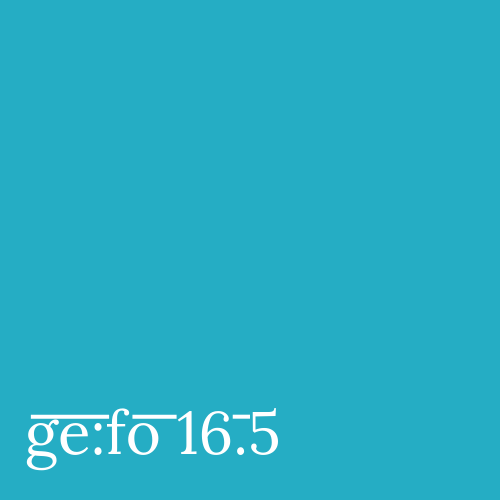“Can I […] claim to revive these stifled voices?": Writing, Researching and Performing Postcolonial Womanhood in Assia Djebar’s Fantasia: An Algerian Cavalcade and So Vast the Prison
DOI:
https://doi.org/10.18716/ojs/gefo/2017.2448Keywords:
Assia Djebar, Fantasia: An Algerian Cavalcade, So Vast the PrisonAbstract
This article approaches Algerian author Assia Djebar’s novels Fantasia and So Vast the Prison in translation and from a Muslim feminist perspective. More specifically, this article examines how Assia Djebar narrativizes the processes of empowerment and disempowerment amongst Muslim women in Algeria under the oppression of two authorities: the French empire and everyday patriarchal structures. Fantasia: An Algerian Cavalcade is a multi-layered novel that charts the colonial violence between France and Algeria simultaneously with the struggles of the Algerian Muslim women. It explores not only the personal histories of those who fought against France during the occupation, but also the private lives of the women who contributed to the nationalist effort. I ask how Djebar approaches the challenge of trying to provide silenced women with a voice after experiencing war-time sexual violence, whilst being aware of the linguistic restrictions which are upon her. In the second half of this article, I discuss So Vast the Prison, exploring how Assia Djebar represents the complex politics of ‘the Gaze’ between men and women in Algeria. I focus on how her female characters are able to appropriate the male gaze and critique sexual politics not only through language but through the movements of the body and visual media. In these two texts Djebar frames women as crucial to the development of the nation but resistant to homogenizing assumptions about the ‘postcolonial Muslim woman’ as voiceless, representative of national interests, and excluded from historical discourse. Ultimately, I argue that Djebar’s work encourages the recognition of women’s agency in national and historical discourse, and challenges limited understandings of the role of Muslim women in Algeria. By doing this, I argue, Djebar becomes an important voice in the broader project of dehomogenizing Muslim women in the Western imagination.



